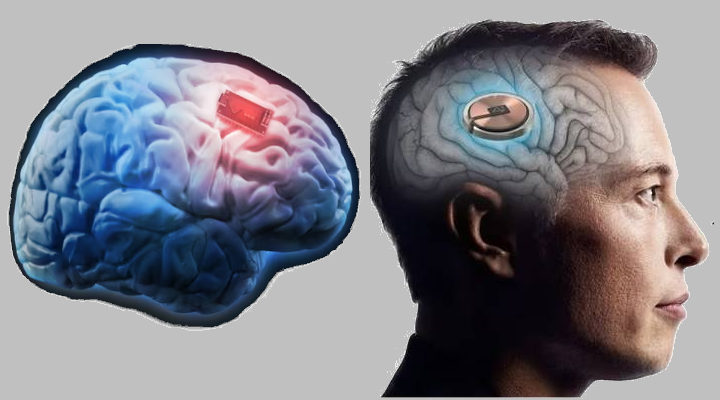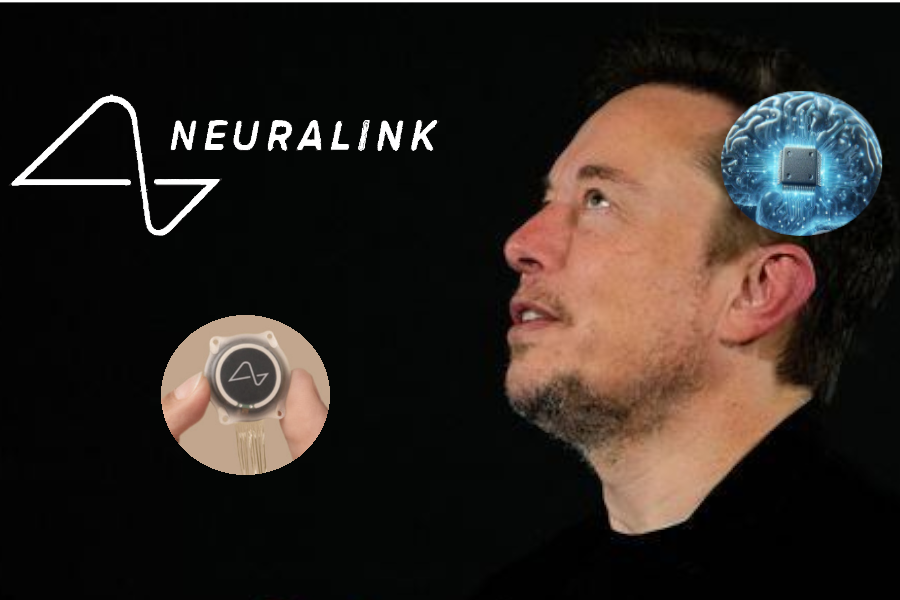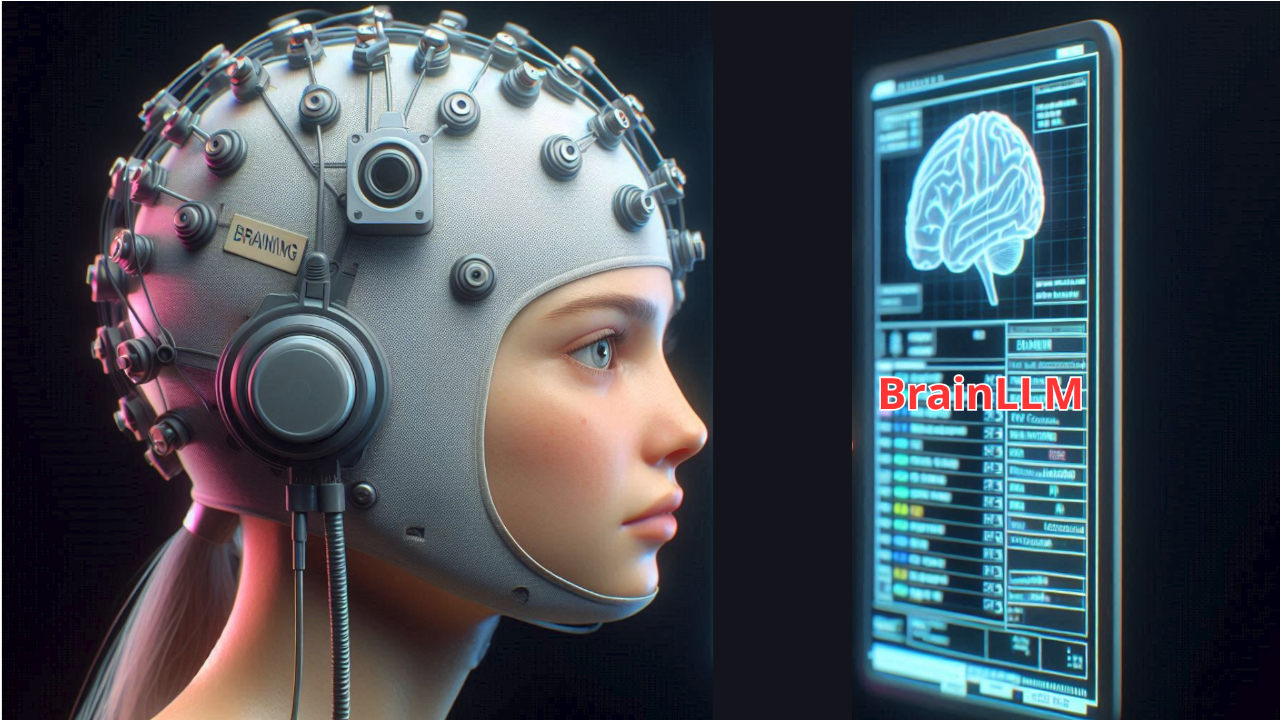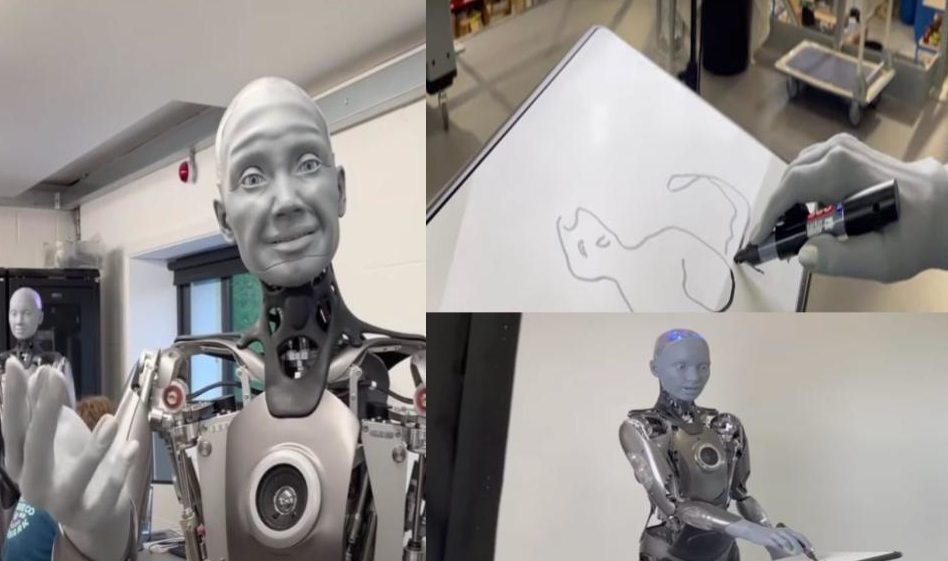Predicting human decision-making is one of the most complex challenges, due to the intricate interplay of psychological and cognitive factors, as well as the emotional, logical, and social influences that shape human behavior.
In a step toward deepening our understanding of human cognition, a team of researchers at the Helmholtz Institute for Human-Centered AI in Munich developed an artificial intelligence model called Centaur. This model not only predicts the decisions people make, but also how long they take to make them—with remarkable accuracy. The details of this breakthrough were published in the journal Nature.
Training Centaur: How Does It “Think” Like a Human?
The secret behind Centaur’s success lies in its innovative training approach. Unlike traditional models that focus on narrow tasks, Centaur was built on the open-source large language model LLaMA 3, developed by Meta. However, the researchers didn’t use LLaMA 3 as-is—they extensively fine-tuned it using a massive, purpose-built dataset called Psych-101.
The Psych-101 dataset includes the results of 160 different psychological experiments, involving over 60,000 participants and generating more than 10 million individual decisions. These experiments span a wide range of human behaviors, including gambling, memory games, and problem-solving.
Centaur was trained to understand this data in a human-like way, using clear natural language descriptions of each task, followed by the decision made, the time taken to make it, and—when available—participant information such as age, gender, risk preference, cultural background, and psychological state.
Example from the Training Data:
Scenario: You are presented with two options:
- Receive $10 for sure.
- Enter a lottery with a 50% chance to win $25 and a 50% chance to win nothing.
Participant Data (Expected Output):
- Decision: Option 2
- Response Time: 2.3 seconds
- Participant Info: Age, risk tolerance, gender, cultural background, psychological profile, etc.
By exposing Centaur to millions of such examples, it didn’t just learn the most common decisions—it also internalized the strategies humans use when facing risk, weighing rewards, and adapting to changing contexts.
Generalization: The Big Surprise
What most surprised the researchers was Centaur’s ability to generalize. After training, it was tested on entirely new tasks it had never encountered before. The result? Centaur not only accurately predicted human behavior—it outperformed 14 specialized cognitive and statistical models in 31 out of 32 tasks.
This means Centaur didn’t simply memorize behavioral patterns; it extracted deeper principles about how humans make decisions, allowing it to apply those principles in unfamiliar contexts. The only task where it didn’t outperform others involved judging the grammatical correctness of sentences.
A Revolutionary Tool for Psychology and AI
Centaur represents a major leap forward in both artificial intelligence and psychological research. It offers scientists an unprecedented tool—like a “virtual laboratory”—capable of simulating psychological experiments quickly and efficiently, without the need for live participants every time.
The research team plans to expand the dataset to include more demographic and psychological information, which will further enhance the model’s accuracy and its ability to simulate diverse human populations. This opens the door to a deeper and more precise understanding of one of the most complex phenomena of all: human decision-making.









